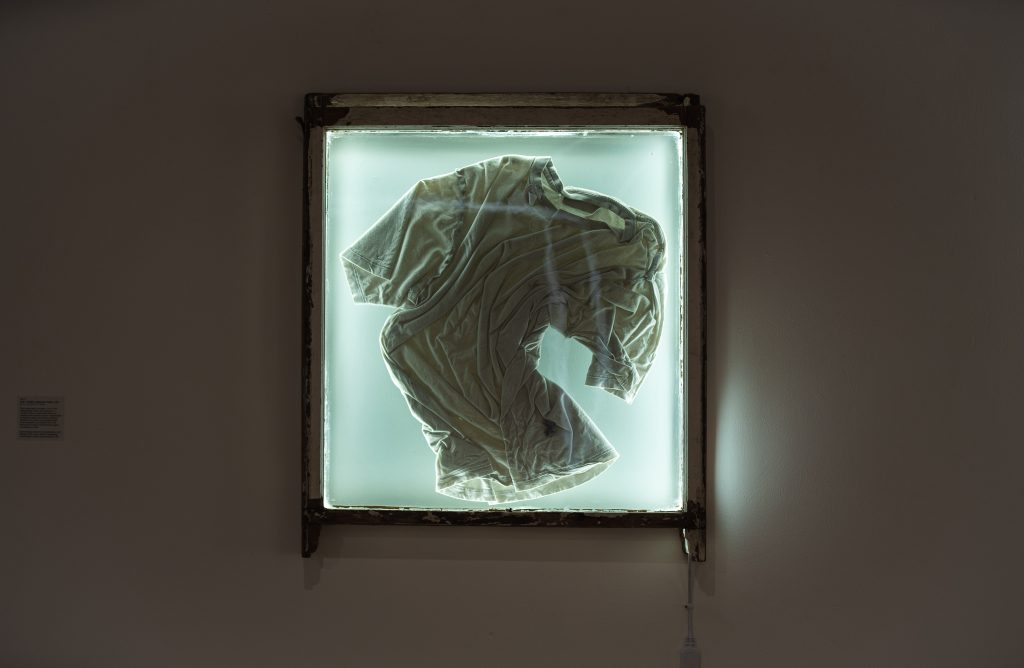As a practitioner, my industry experience in upcycling, sustainable fashion design and campaigning is instrumental in my teaching style and approach. Since graduating from the BA Fashion: Womenswear course at Central Saint Martins in 2017 and the MA Fashion course in 2020, I have worked with global organisations such as Fashion Revolution, Slow Factory and the British Fashion Council towards fostering a dialogue around social, racial, and climate justice within the arts. Since 2022, I have been the only Sustainability Lecturer for the Fashion Design Programme at Central Saint Martins.
In 2021, I co-founded Trash Club, a global community and support network for independent creatives and students worldwide. Trash Club is an advocate of knowledge exchange and well-being, acknowledging the intersectionalities and lived experiences of its members, particularly working-class creatives such as myself.
As a white gay European man working within fashion and academia, I understand that my position is one of privilege, and I’m considered a majority demographic of staff at University of the Arts London (UAL, 2022). Throughout this course, I’ve aimed to re-evaluate my social biases, foster conversations around diversity and inclusion within my teaching practice, and implement diverse and radical pedagogy into the curriculum. (Freire, 1971)
My intersectionalities are that I am neurodivergent, I am queer, and I am from a working-class mixed-heritage background (Czech and English). I have always lived in the UK, and my first language is English. Yet, my dual-cultural upbringing has influenced me to learn about different cultures and relate to student experiences of dual heritage (not belonging to one place).
Living with my partner, a Muslim man from the British Bangladeshi diaspora, has given me insights into the challenges that underrepresented minority groups are exposed to in the arts. This discrimination is recurringly nuanced within fashion academia, a sector in which he also teaches.
References
